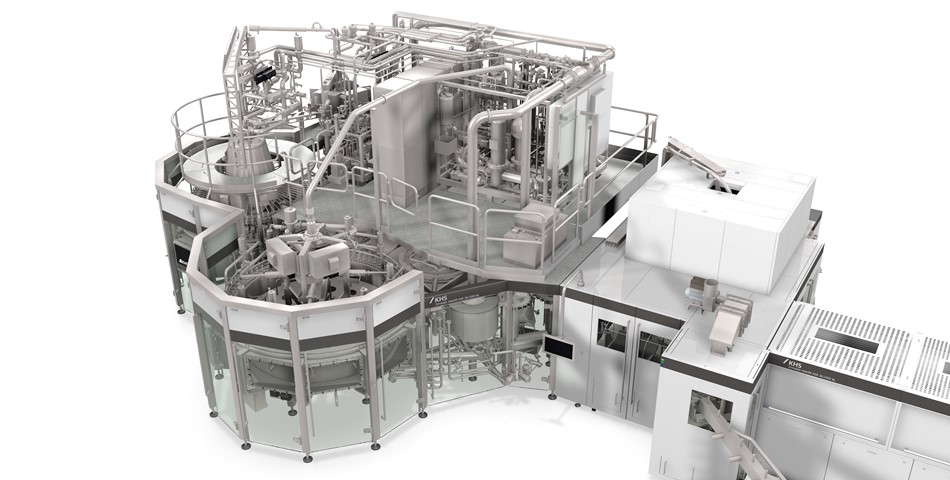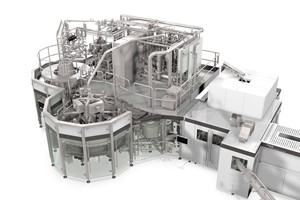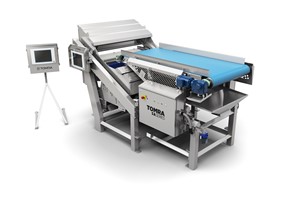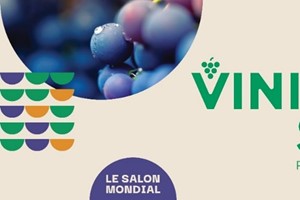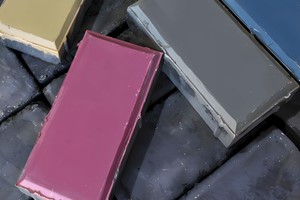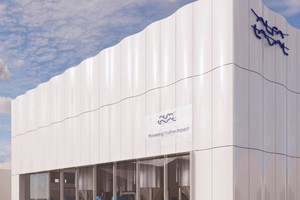Yoghurt is no longer spooned out of the pot but drunk. Breakfast is no longer just eaten at the kitchen table but also on the hoof. And it should all be as healthy and sustainable as possible. This is one of the reasons why the demand for smoothies, milk and dairy products is steadily growing. KHS now provides its linear aseptic fillers for the bottling of these sensitive products also as a space-saving block system.
The Dortmund systems supplier is also expanding its portfolio to include a new modular system for filling sensitive products on rotary machines. The systems can all be tailored to suit individual customer requirements and are convincing with their high level of flexibility and microbiological safety. There is a noticeable trend towards foodstuffs which are healthy and sustainable – and for breakfast on the go.
Genetically unmodified milk and functional dairy products in unbreakable plastic bottles are becoming ever more popular. With its Innosept Asbofill ABF KHS provides a tried-and-tested linear filling system for the hygienic filling of products such as these. A number of new developments are now making these systems even more powerful. The machine is designed to fill up to 12,000 bottles per hour – or a maximum of 24,000 bottles every sixty minutes on the Twin version – holding between 0.25 and 3.0 liters. “The great strength of this filler lies in its flexibility,” says Thomas Niehr, head of Aseptic Filling Technology at KHS. “The machine consists of a number of different modules and can thus be perfectly adapted to customer specifications.”
The modular system permits later retrofits or components to be exchanged which is practical when market requirements change. A new transfer module also enables the Innosept Asbofill ABF to be blocked with a standard stretch blow molder from KHS. Thanks to neck handling, which at the same time gives operators maximum freedom of design regarding the bottle shape, the dimensions of the hygienic or aseptic zone can be kept down to an absolute minimum.Another advantage of the linear system is that it is particularly efficient where there are frequent format changeovers and smaller product batches. It also reliably sterilizes bottles and closures. “The filler can be combined with a screw capper, film/foil sealer, nitrogen application or the new chunk dosing unit as required,” Niehr informs us. The KHS dosing module provides bottlers with flexible product design options by adding chunks to the beverage, such as whole cherries, strawberries, vegetables or cereals with a length of up to ten millimeters.




